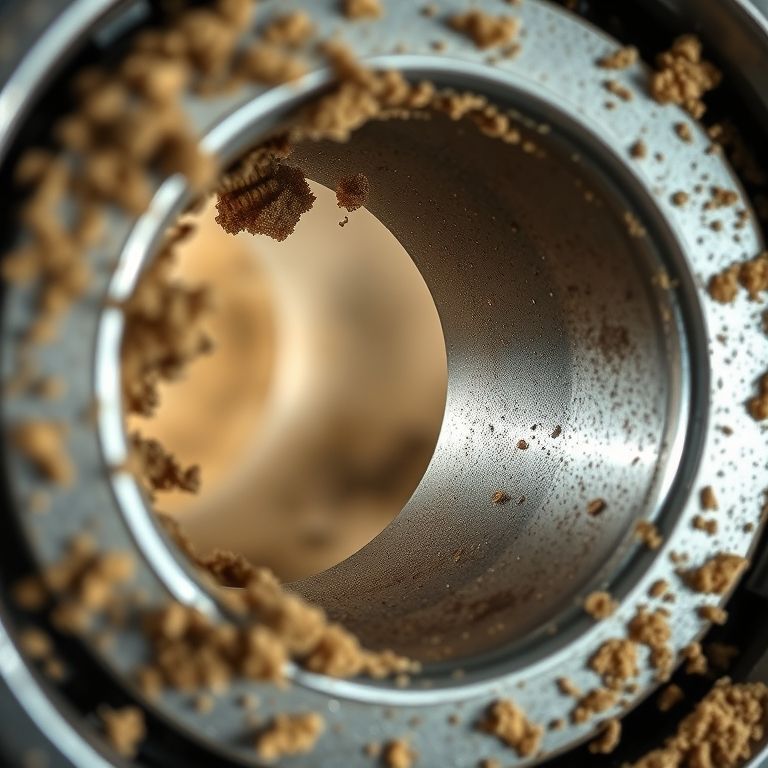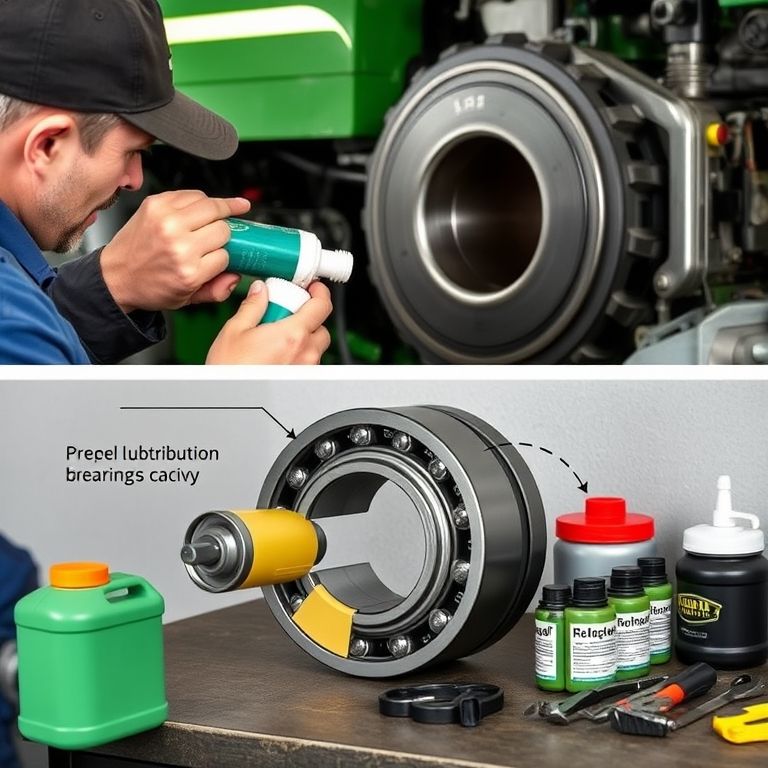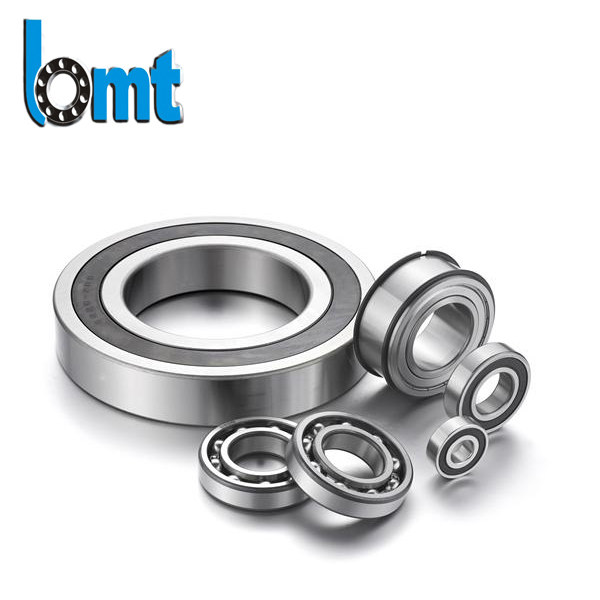Solving Common Noise Problems in Agricultural Machinery Bearings
Agricultural machinery operates under harsh and demanding conditions—dust, vibration, heavy loads, and fluctuating temperatures. One of the most frequent maintenance issues farmers face is bearing noise, which can indicate early wear, contamination, or improper lubrication. Understanding the root causes of this problem and implementing preventive measures is crucial for improving machine reliability and productivity.
1. Understanding the Source of Bearing Noise
Noise in agricultural machinery bearings often arises from friction, vibration, or metal-to-metal contact inside the bearing assembly. These sounds may include grinding, squealing, or rattling, which usually indicate surface damage or improper alignment. Regular inspection helps operators detect these problems before they cause major breakdowns.
2. Contamination and Environmental Factors
Contaminants such as dust, mud, or water can easily penetrate into bearing housings in farming environments. These particles damage the rolling elements and raceways, resulting in abrasive wear and irregular noise. To prevent this, it’s essential to use sealed or shielded bearings and to maintain clean operating conditions whenever possible.
3. Lubrication: The Key to Quiet Operation
Insufficient or improper bearing lubrication is one of the leading causes of noise in agricultural machinery. Without a proper grease film, metal contact increases friction, resulting in a harsh sound and rapid wear. Using high-quality lubricants and following the manufacturer’s lubrication intervals can dramatically extend bearing life and reduce operational noise. DEMY recommends specialized agricultural-grade greases for high-dust environments.
4. Installation and Alignment Matters
Incorrect bearing installation or shaft misalignment often leads to uneven load distribution and vibration, which can produce squealing or rumbling noises. Always ensure the shaft and housing are clean, the bearing is properly seated, and the mounting torque is according to specification. Using precision installation tools can minimize mechanical stress and extend bearing performance.
5. The DEMY Solution: Durable and Quiet Bearings for Agriculture
DEMY offers a wide range of agricultural bearings designed for durability, smooth operation, and reduced noise. These bearings feature high-precision raceways, advanced sealing technology, and long-life grease, ensuring excellent performance even in extreme field conditions. Whether used in tractors, harvesters, or seeders, DEMY bearings help farmers achieve lower maintenance costs and quieter operation.
6. Preventive Maintenance and Long-Term Benefits
Routine maintenance—cleaning, lubrication, and inspection—remains the best defense against bearing noise and premature failure. DEMY’s technical team recommends creating a maintenance schedule that includes regular temperature checks, vibration analysis, and grease replenishment. By investing in reliable DEMY bearings, agricultural machinery operators can significantly extend service intervals and maintain optimal equipment performance throughout the season.
Conclusion
Bearing noise in agricultural machinery is more than just an annoyance—it’s a warning signal that should never be ignored. By addressing contamination, improving lubrication, and ensuring correct installation, operators can prevent costly downtime and equipment damage. With DEMY’s advanced bearing technology and industry expertise, the path to quieter, more efficient farming is within reach.




